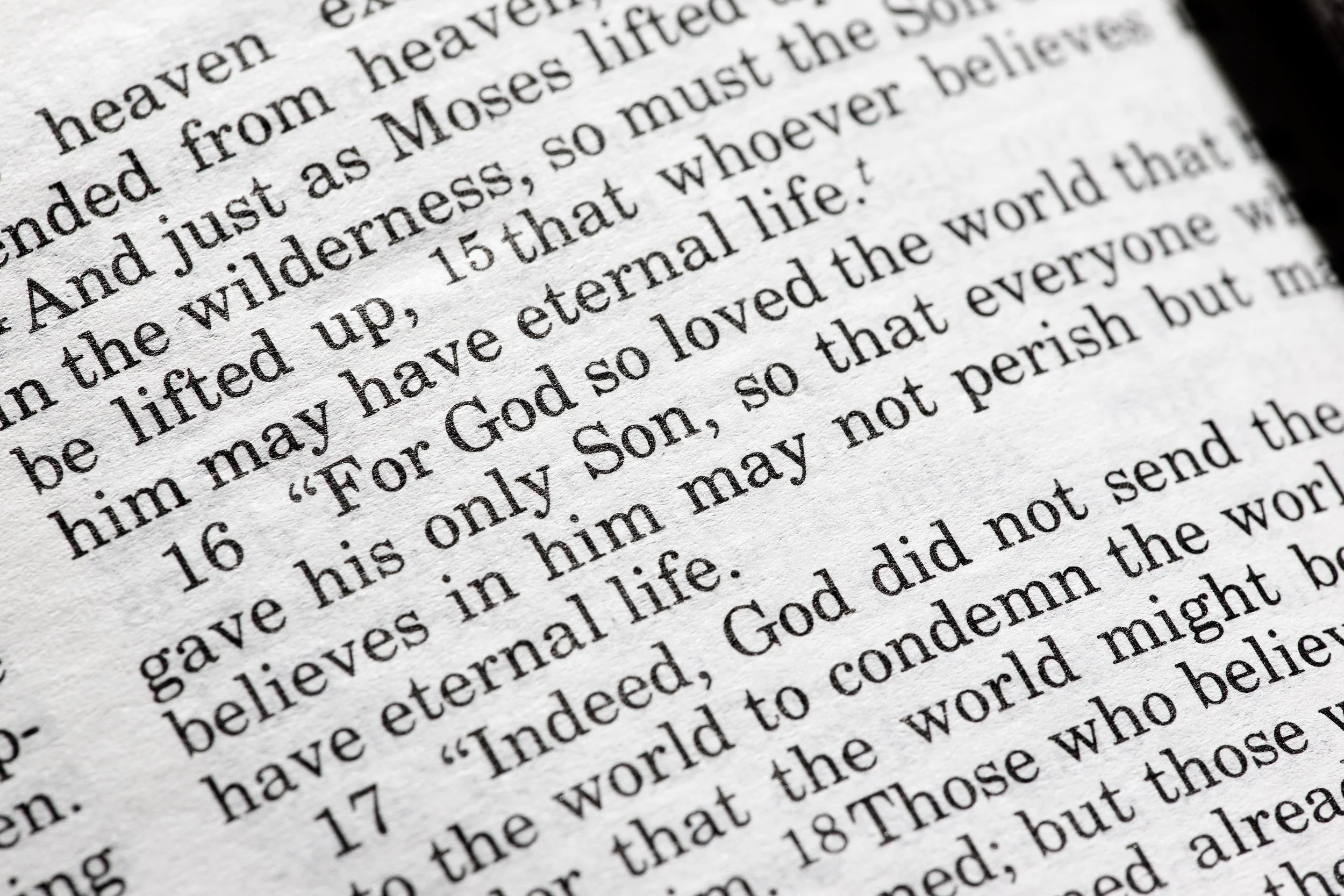Rule No. 17: YOUR GREATEST WEAKNESS CAN BECOME YOUR GREATEST STRENGTH
What feels like weakness can become the place where strength blossoms.
Turning Weakness Into Strength Through God’s Grace
Hello, dear reader, and welcome back to another rule in our playbook for life.
Since my last entry, life has been full of visits, reconnections, and changes that remind me just how quickly time moves. The highlight of the last few weeks was undoubtedly serving as chaperone for my high school basketball team here in New York.
I organized their stay, their transportation, and even shared lessons I’ve been learning in the years since I left high school and college. But the truest gift wasn’t logistics—it was seeing my mom, Debbie, again.
For the first time since 2019, I spent more than two weeks with her in a year. And if you don’t know by now—she’s also the coach of my old high school basketball team. Thirteen years in the position, and still going strong.
Backstory
As you may know if you’ve been reading along for a while—I grew up in Guyana.What you may not know is I attended The Bishops’ High School and that’s where my basketball journey began. My mother, however, only entered the picture after my first coach quit. But in order for us to keep playing, we needed a coach. That’s when my mom stepped in.
At five feet flat, with no prior coaching experience, Debbie volunteered. No pay, no hesitation. I remember the nights she stayed up watching drills on YouTube, learning strategy, and even making shooting dummies out of chicken wire that stood eight feet tall.
Fast forward thirteen years—and add a couple of championships—and she’s one of the leading high school basketball coaches in Guyana, guiding four teams at once: the girls’ team, plus the U14, U16, and U18 boys’ teams. She’s taken them out of Guyana to train and play in Trinidad, Washington, D.C., and now New York—all while remaining a volunteer.
She only got involved because her son picked up basketball in 2010. She could’ve stopped when I graduated, but she stayed for every player that came after me.
What started as a weakness—knowing nothing about the sport—has become one of her greatest strengths and part of her legacy. A testament to commitment, drive, and grace.
My mom, Deborah Solomon, featured on the cover of Guyana Chronicle’s PepperPot magazine. (circa 2016)
When Weakness Shows Up
That’s the heart of this rule: our greatest weakness can become our greatest strength.
But unlike my mom’s story, our weaknesses don’t always start with something so small or low stakes. More often they rise from regrets, shame, guilt, or even the sheer exhaustion of trying to hold life together. They weigh heavy in the places we don’t post online.
And in our world today, weakness feels magnified. Social media acts like both highlight reel and magnifying glass. Everyone knows when someone else messes up—especially when we’re all roommates in TheShadeRoom. But when we struggle? We post less. Or we post the #mentalhealthday photo of sunlight in a park without saying that if we hadn’t gone outside, depression would’ve held us under a blanket all day. We repost a funny meme without sharing the blank stare that looks at it.
I know I’ve been guilty of this—feigning strength when the only thing I could lift was my arms toward heaven, begging for a miracle. I’ve done it countless times over the past eight years. I’ve done it over the last eight months. I’ve done it in the last eight days.
Weakness is not rare. It’s universal.
Sometimes weakness is external:
We feel weak when the job applications go unanswered.
We feel weak when groceries cost more than gas money allows.
We feel weak when governments make decisions without hearing our voices.
We feel weak when a 60-hour workweek doesn’t cover the bills.
Weakness often shows up in the everyday—job rejections, unpaid bills, and the weight of survival.
Other times weakness is internal—decisions we regret, mistakes we hide, shame we carry.
Here’s what I’ve learned: every moment of weakness offers a new opportunity for soul maintenance. But only if we’re honest enough to name it. To sit with it. To ask where it came from.
And yet, through it all, God’s strength is made perfect in weakness. It wasn’t the answer I always wanted to hear, but it’s the one that’s remained the most true.
The Strength Made Perfect in Weakness
The apostle Paul wrote it best in 2 Corinthians 12:9–10:
“My (the Lord’s) grace is sufficient for you, for my power is made perfect in weakness.Therefore I (Paul) will boast all the more gladly about my weaknesses, so that Christ’s power may rest on me. For when I am weak, then I am strong.”
This wasn’t theory for Paul or just writing for comfort. He wrote those words in his second letter to the Corinthian church. He deepened his belief in them while imprisoned, and reminded the Philippians in 4:13: “I can do everything through him who gives me strength.”
Even in chains, he never wavered. Paul believed God’s power shines brightest when we have none of our own left.
And we know this truth because of Christ himself:
“For God so loved the world that he gave his one and only Son, that whoever believes in him shall not perish but have eternal life” (John 3:16).
In what looked like weakness on the cross, Christ revealed the greatest strength—salvation through love
On the cross, at what seemed like his weakest moment—crying out, “My God, my God, why have you forsaken me?”—came his greatest victory. Love held him there. Weakness became salvation, and that salvation is available to all of us today if we’d accept it.
That’s the ultimate example of weakness turned to strength.
Full Circle
When I asked my mom how she’s managed to keep coaching all these years, her answer was simple: “All by the grace of God.”
So here’s the truth I leave with you today. Whatever your weakness may be—regret, failure, struggle—know this: God’s grace is enough. His strength fills our gaps. His love turns our lowest moments into the soil where something new can grow.
And maybe that’s the reminder we need. Weakness doesn’t have to be the end of the story; it can be the beginning of strength when we let God work through us. That’s the truth of Rule No. 17.
So when someone asks how you managed to make it through, how you found strength in the middle of weakness, may your answer be the same:
“All by the grace of God.”



